Is innovation and creativity in teaching and learning actually important? Innovation is certainly mentioned in the BU 2025 Vision in respect of desirable graduate qualities, accompanied by the intriguing statement that ‘the BU learning experience is personalised, inter-disciplinary and consistently excellent.’ The Centre for Fusion Learning, Innovation and Excellence (FLIE) also refers to teaching ‘innovations’ as an indicator of pedagogic excellence. This leads to the question: can an educator promote innovation without creativity? Conceivably it may be possible but it’s hard to see how. So, assuming that creativity is part of what makes teaching innovative, let’s, for argument’s sake, assume it is so. What then might constitute those inspired creative turns that result in pedagogic innovation to produce an excellent, personalised learning experience for students in their opinion? For after all, as we have learned over recent years in the modern corporate university, it is the student as ‘consumer’ who is the final judge of what is a quality learning experience. As a group of students and pedagogues, we argue that creative pedagogy is both inter-relational and transformative. Inter-relational in its ability to break down hierarchies whilst respecting the experiential subjective account in assignments in personal and human, as well as academic levels. Transformative in understanding the developing and learning student self and the generation of that future self with knowledge and skills for continuous learning.
In this blog, five second-year social science students and two academics explore what creative pedagogy can look and feel like, based on our co-creation study of student engagement in creative assignments. The assignments were part of the second-year social science unit ‘Growing Up and Growing Old’ (GUGO), currently an option unit for students in the Faculty of Health & Social Sciences as well as the Faculty of Science & Technology. The multidisciplinary nature of students opting for the unit is equally reflected in the rich interdisciplinary focus of its teaching content where a psychosocial perspective underpins the use of sociological, anthropological, psychology and historical concepts, perspectives and theorisation.
In GUGO, and in keeping with a feminist pedagogy, a democratisation of the learning experience through the personal is promoted. Students are enabled to develop an emerging reflective praxis by connecting pedagogic classroom content to actual lived lives through a biographical narrative, often choosing personal and family histories. Innovative assessment models have always been integral to GUGO in facilitating this praxis process to unfold. Here the generational lives and themes the students choose to thread together is elevated from the purely descriptive by a socio-historical, socio-cultural and socio-spatial geographical analysis of people, place and position. Within the assignments students may include photographs/images, genograms, culturagrams, diary extracts, official documents, recorded memories and artefacts of family significance. The completed work frequently become cherished family mementoes.
This year a short addendum was added to the Biographical Narrative – a ‘critical incident analysis’ (CIA), entitled ‘My Life So Far’, where students reflected on an incident in their lives they had identified as significant to their personal and cognitive development. CIA are used as learning devices in professional courses, such as social work, where the identification of the mundane/ubiquitous in the professional context is encouraged rather than the pivotal/exceptional personal incidents that students chose to highlight in GUGO.
For the co-creation study, volunteered anonymised assignments were used post-marking. The request for volunteered work was expected by the class having been informed about the study at the beginning of the semester, along with an invitation to become a co-researcher. Eventually fourteen CIA were volunteered, representing roughly half the class’s work.
The results of the study were fascinating: diverse and surprising, poignant and powerful, stories of such marked resilience emerged from a generation often vilified as self-entitled and emotionally fragile, offering fine examples of deep reflective learning by students. The findings of the study are now in the process of being written up for submission to international peer-reviewed journals, which we know will help the future careers of our five intrepid student co-researchers, while the veteran academics in the team step happily into a well-earned semi-retirement.
We in the team are all evangelical about the rich benefits of embracing creative assignments as educators and learners. Yet we recognise that some academic colleagues will not feel comfortable with innovative pedagogy of this sort; preferring instead to remain with conventional assignments, which clearly have their established (and to-date hegemonic) place in the limited HE assignment repertoire. That these established forms are generally far easier to devise and to mark than a move to innovative, creative assignments may well be a point in their favour in time-poor academic environments.
Yet in the face of any academic scepticism, it must be noted that External Examiners have always been very complimentary about the GUGO unit, as led by the first author, noting how well students engage with its assessments. This year was no different, despite the complexity of adding the CIA, with one External Examiner reporting, ‘I really like this assessment design as this allows for the students to connect academia and theoretical frameworks with reality and see the impact on their own lives or that of family members’.
Meanwhile, the co-research study, developed from the CIA, has added a new strength to GUGO in enabling the inter-relational and the transformative to emerge even more strongly in assignments than even previously.
That said, while GUGO is undoubtedly a very rewarding unit to develop and teach, and its popularity among students is apparent, more importantly, the worth of the unit and its innovations is ultimately measured by students themselves. Our student co-researchers provided some candid comments:
Aimee: ‘My Life So Far has been one of my favourite university assignments to date. It required me to consider a pivotal moment in my life in a way that I never had before, and to express my experience of it in a way that would make sense to an outsider. …I had never had to complete a creative writing assignment focused on my lived experience. It was so unfamiliar that I wondered whether my lecturer genuinely cared about my critical incident and how it made me feel, or if I was simply misinterpreting the brief. It was such a welcome change of pace from traditional university assignments. I feel that creative assignments are much easier to engage with as a student, and I would love for them to become more commonplace in university settings.’
Here we see an example of how the inter-relational aspects of the teacher-learner can be turned into a dyad of equality and respect rather than one of just simple hierarchies of authority and power. The intimacy of the accounts offered and the trust put in the educator to honour the messages in them, while fairly marking assignment efforts, was emancipatory and revitalising to everyone. Furthermore, unlike Aimee, not everyone found the assignment easy, for some it was surprisingly hard, discomfiting even, and yet also intriguing.
Ella: ‘ In the beginning, I felt out of my comfort zone as it felt very unnatural compared to all my other assignments, but this also excited me and made me feel very interested and engaged with the unit due to it being different and more creative.’
GUGO’s ability to pluck students out of their lumpen ‘comfort zone’ was something several students referred to. It jolted them into an initial disorientation, to questioning, then realisation to the possibilities presented and finally full immersion into the assignment.
Becky: ‘In my personal experience of creative assignments, specifically in GUGO, my comprehension and enjoyment of the unit content was much higher when compared to other units on my course. The creative assignment awakened me academically and allowed me to break out of the routine of regurgitating information from readings and lectures into a standardised essay assignment. … The CIA element of the assignment offered challenges and benefits. In my educational experience, my writing style is my main strength and writing essays has become my comfort zone. The GUGO assignments forced me out of this comfort zone and I feel that this, overall, benefited my academic ability. It has allowed me to see a different side of academia, a more creative side, relying less on standardisation, with less focus on the idea of pass or fail, instead focusing on ensuring the learning is innovative. This challenged my ability to approach assignments and I feel that this has had positive impacts on my professional and personal development.’
One criticism that is levied against non-conventional, creative assignments is that they are intellectual lightweights in comparison with the standard and indeed standardised formats of essays and exams we all grew up with. The familiarity of the known form can be helpful to students, as Becky says, being a tried-and-trusted technique. Harder and more challenging still is the unfamiliar that requires a new set of cognitive-emotive skills in keeping with the developmental changes of accepting child to questioning youth to reflective adult (the very domain that GUGO as a unit is preoccupied with in fact). That some students found these different assignments harder to master than more conventional ones speaks to any dismissiveness that creative assignments are potentially facile, unintellectual exercises.
Poppy: ‘At first it was daunting as we don’t get taught on how best to express ourselves and be creative, as we (us Uni students) know the basic elements/structure of a more formal assignment. It is still hard to write those, but you know what to put in and how to write it. But as we don’t get many creative ones it always comes as a surprise and more nerve racking as you don’t know the best place to start and don’t know how creative to be or how this will get marked compared to formal essays… As a second-year student going into her third I have only had 2 creative assignments and they really are a breath of fresh air compared to the standardized conventional ones. In the conventional ones you don’t get much choice, so you know you are being compared to everyone else’s assignment and as an ALS student it is really hard to stand out.’
Poppy has a point: for students with diverse learning abilities, the conventional assignment formats may prove a disservice to them, while dampening down any real passion for learning as opposed to merely doing and passing.
Back to Ella, for a summing up of the potential of creative pedagogy for all students.
‘I feel that this would be very beneficial for a lot of students, as it would allow them to express themselves, instead of just formal writing about a certain topic that they might not feel as inspired or engaged towards. I feel like you learn more and engage better with creative assignments, so overall you get more out of it.’
To conclude then, the transition from school/college to university marks a big change in standards, as any lecturer marking first-year assignments and subsequently dealing with glum faces thereafter, will know. However, if the conventional assignment format remains the same exam/essay fare, then pedagogically an opportunity may be missed to ignite that fire for authentic, deep learning we long to cultivate in our HE students. Creative assignments shake that old model down for dusting, replacing it with something that yes, may initially worry students owing to its unfamiliar form, but will capture their interests, light the fuse of their imagination, and ultimately can produce work that will surprise academics with the quality and power of liberated, unleashed minds. We believe that students are owed transformative learning opportunities. They are, for sure, a demanding joy to develop for educators. Yet given our very positive experiences it seems overwhelmingly clear, students really do thirst for these creative educational opportunities, and when they get them they flourish most wonderfully.
Sara Ashencaen Crabtree, Becky Warner, Ella Smith, Poppy Harris, Aimee Evans, Asha Smith, and Jonathan Parker – the ‘Snowflakes of Steel’ co-research team.



![]() The team proposed a framework which integrates HCD methodology and traditional research methodologies, creating a more user-centred and multidimensional approach to intervention design. Outputs of the process included user risk journeys, stakeholder mapping and systems diagrams that can be used with communities and wider stakeholders to visualise the problem and bring to life the environment in which interventions are to be designed. These outputs can also be support advocacy and donor engagement.
The team proposed a framework which integrates HCD methodology and traditional research methodologies, creating a more user-centred and multidimensional approach to intervention design. Outputs of the process included user risk journeys, stakeholder mapping and systems diagrams that can be used with communities and wider stakeholders to visualise the problem and bring to life the environment in which interventions are to be designed. These outputs can also be support advocacy and donor engagement. The proposed framework provides a mechanism for closer collaboration between researchers, practitioners, and communities to work together to co-design context-specific solutions that are culturally and environmentally appropriate. Workshop participants were asked for their expert opinion on the proposed framework, to help us refine the framework and inform future practice.
The proposed framework provides a mechanism for closer collaboration between researchers, practitioners, and communities to work together to co-design context-specific solutions that are culturally and environmentally appropriate. Workshop participants were asked for their expert opinion on the proposed framework, to help us refine the framework and inform future practice.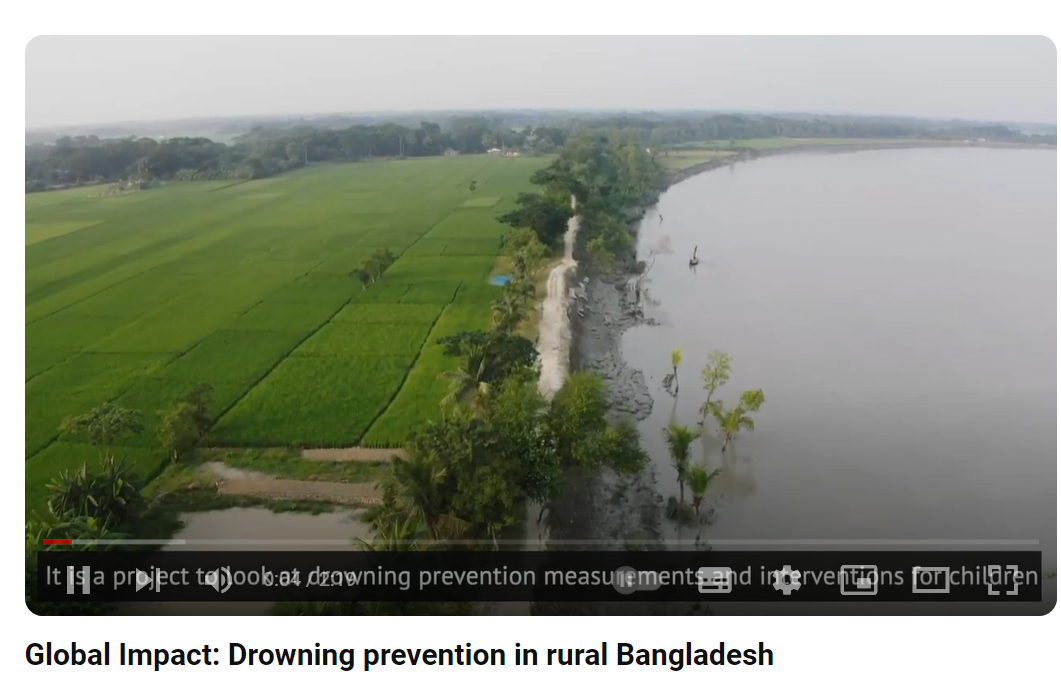 Sonamoni is a public health project is funded by the National Institute for Health and Care Research (NIHR) through its Research and Innovation for Global Health Transformation programme. For more information, visit the NIHR website.
Sonamoni is a public health project is funded by the National Institute for Health and Care Research (NIHR) through its Research and Innovation for Global Health Transformation programme. For more information, visit the NIHR website.  Sonamoni is coordinated by Bournemouth University in collaboration with Centre for Injury Prevention and Research, Bangladesh (CIPRB), the University of the West of England, Bristol, the University of Southampton, the Royal National Lifeboat Institution (RNLI), and design Without Borders (DWB) Africa.
Sonamoni is coordinated by Bournemouth University in collaboration with Centre for Injury Prevention and Research, Bangladesh (CIPRB), the University of the West of England, Bristol, the University of Southampton, the Royal National Lifeboat Institution (RNLI), and design Without Borders (DWB) Africa.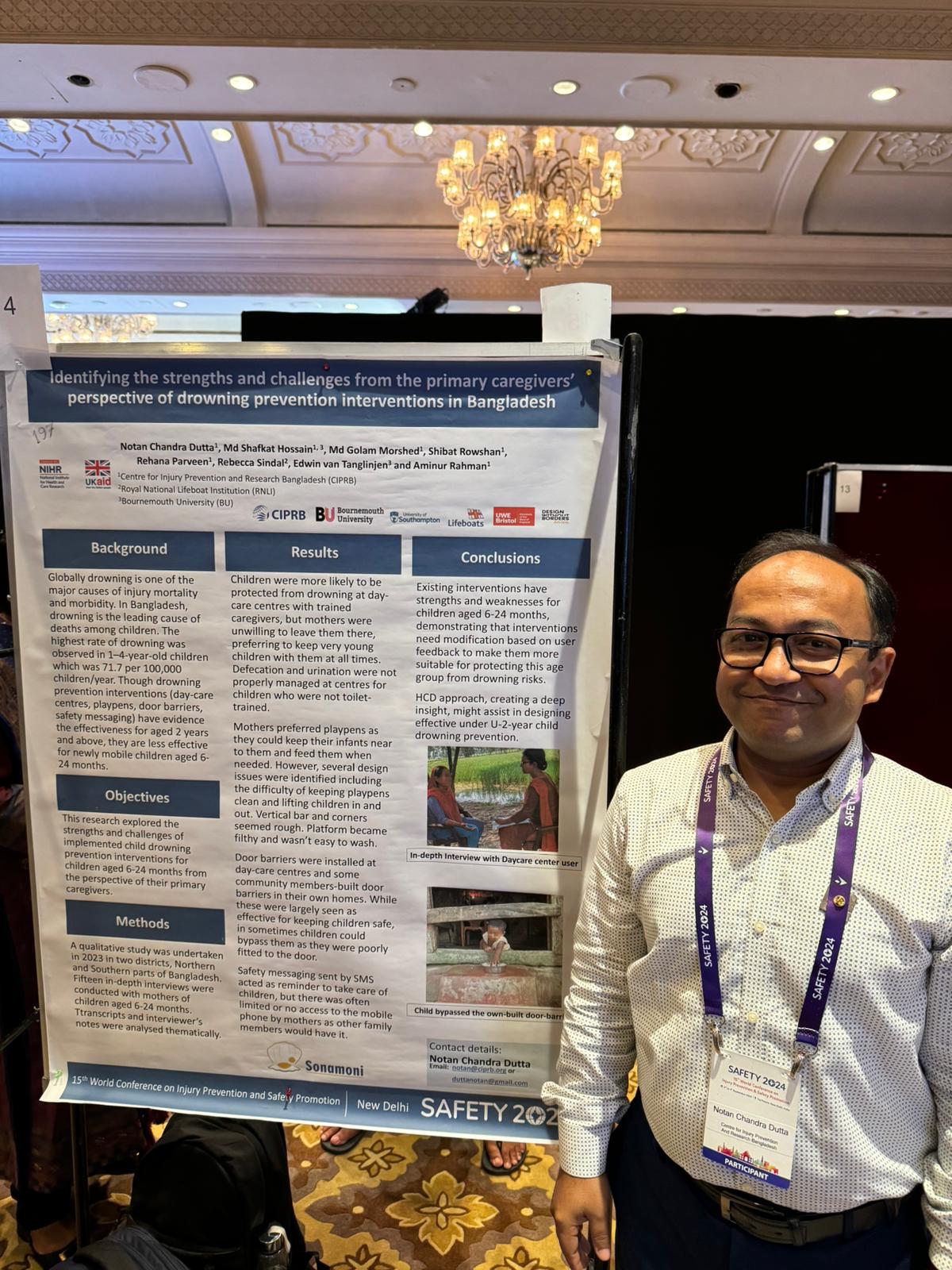


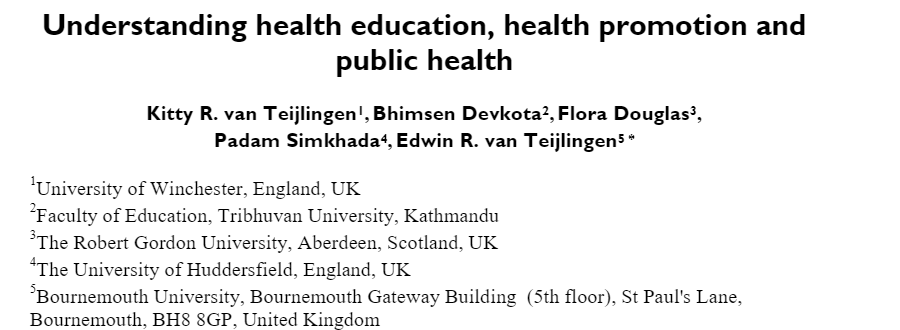
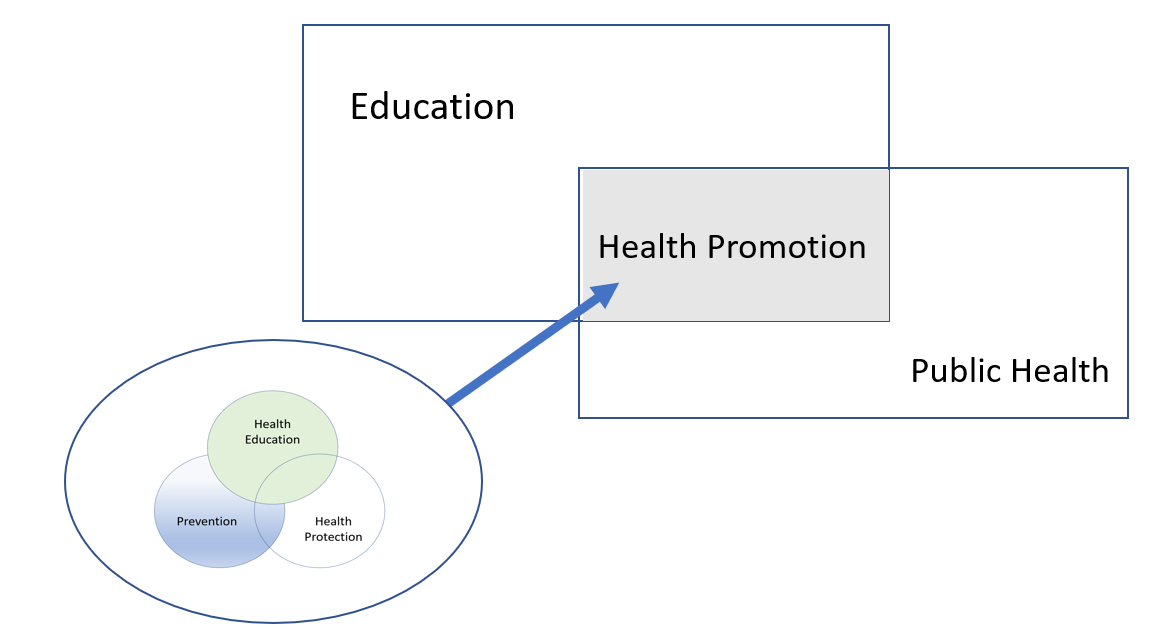

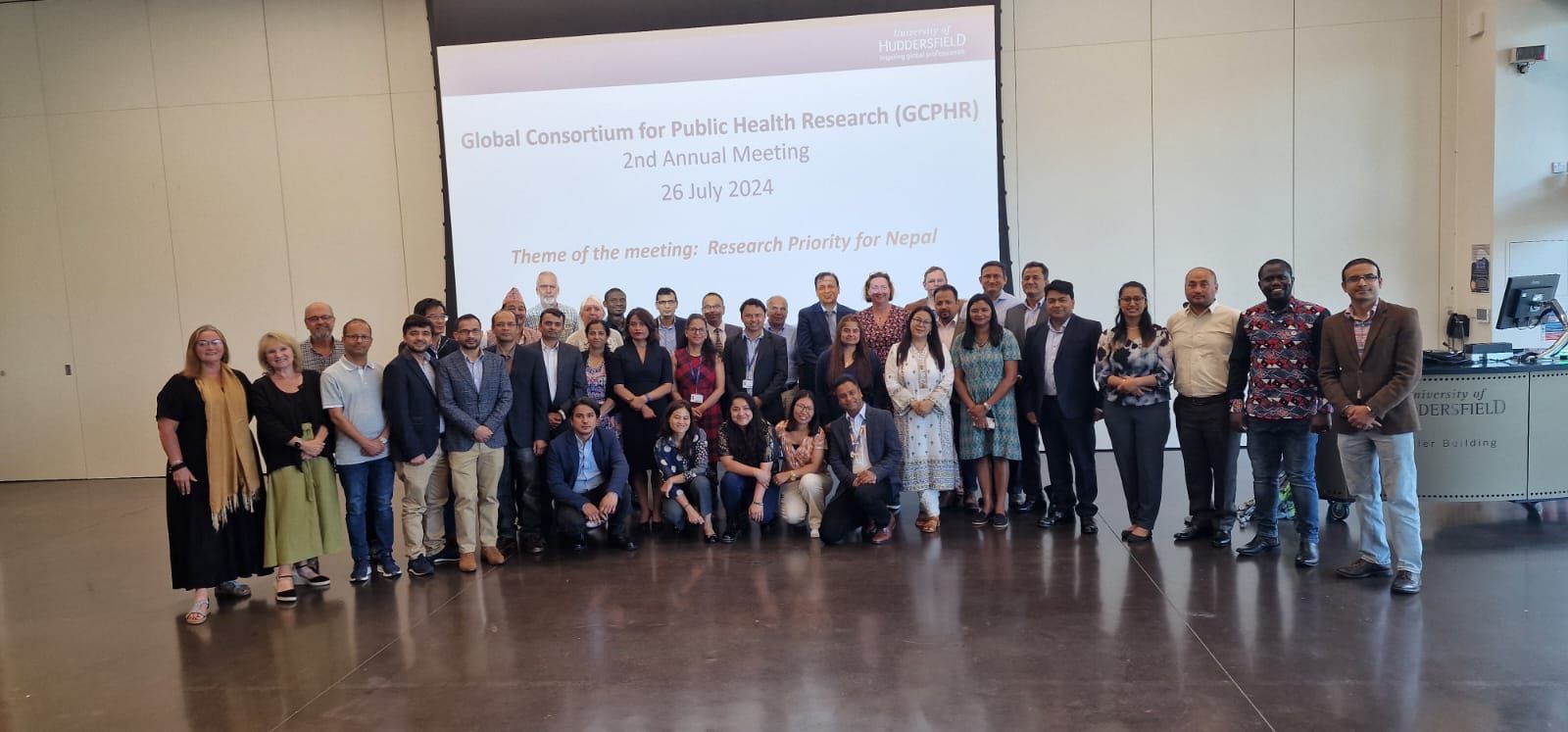
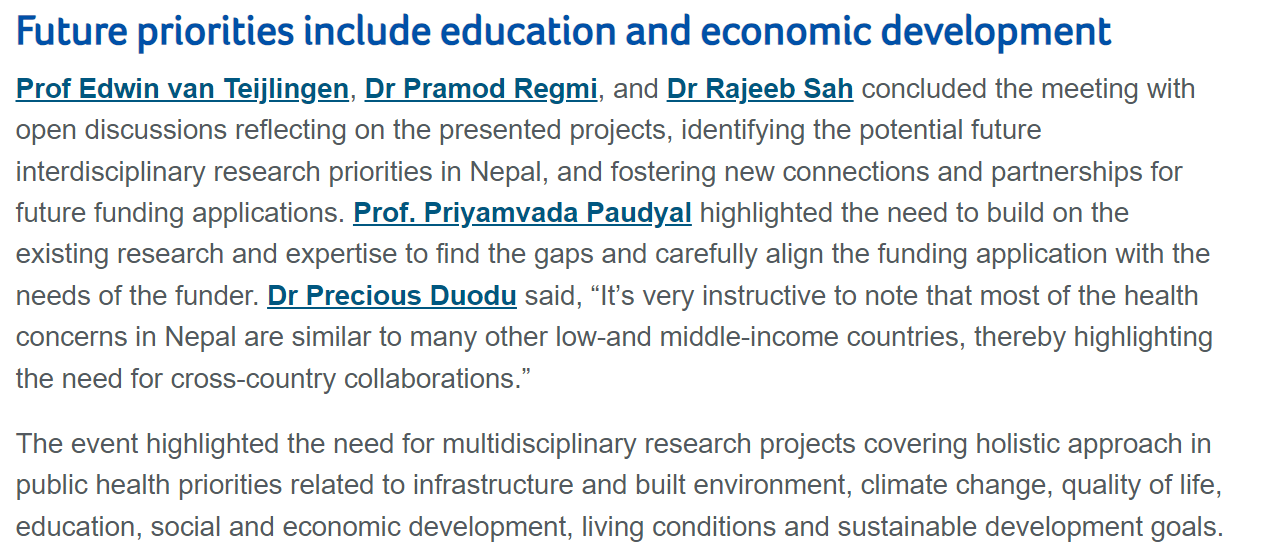
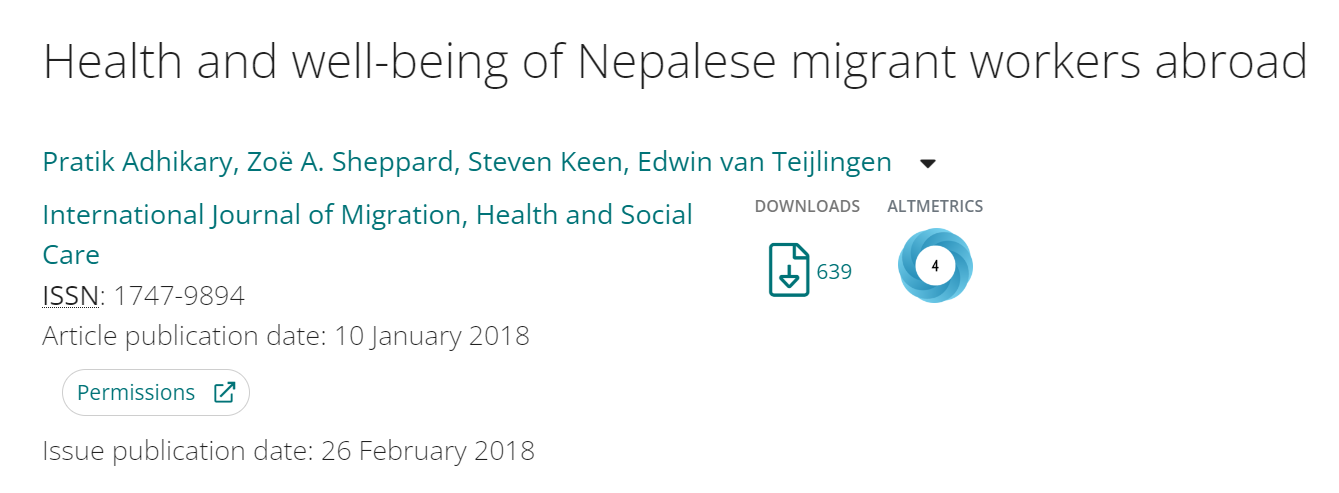
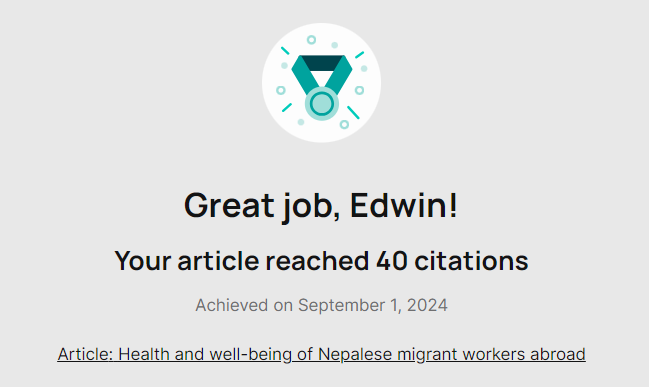
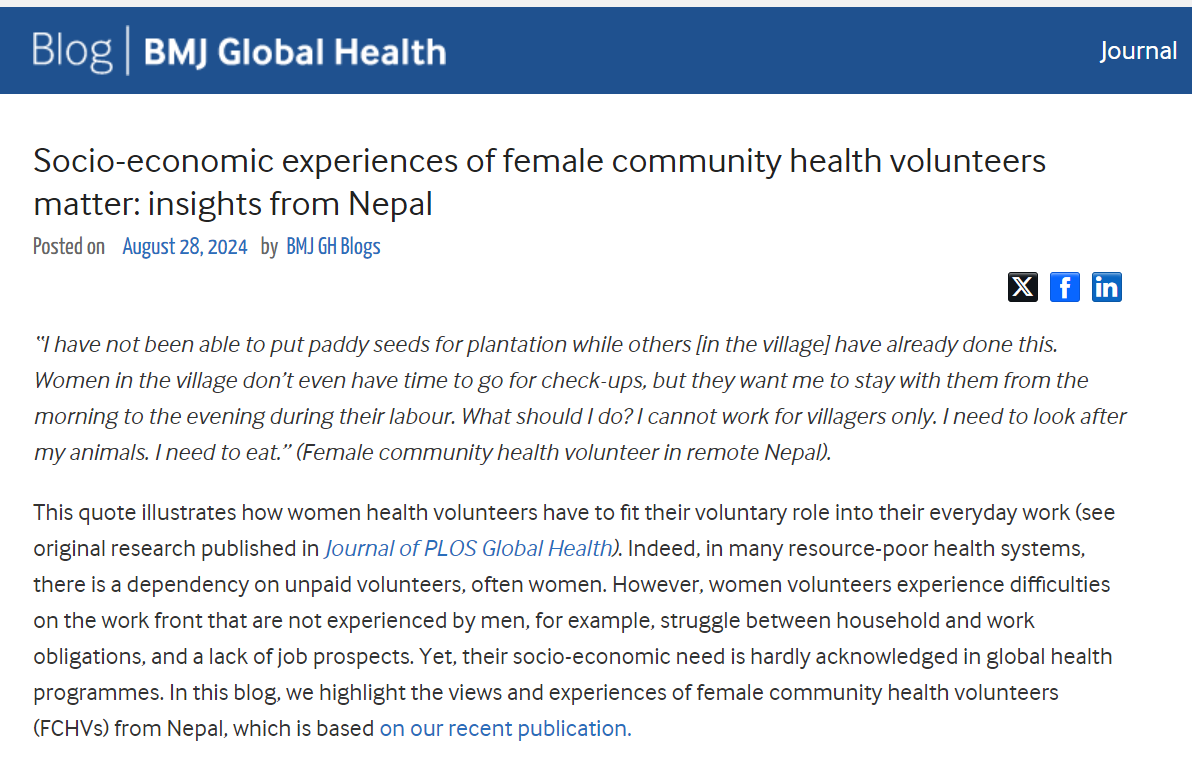
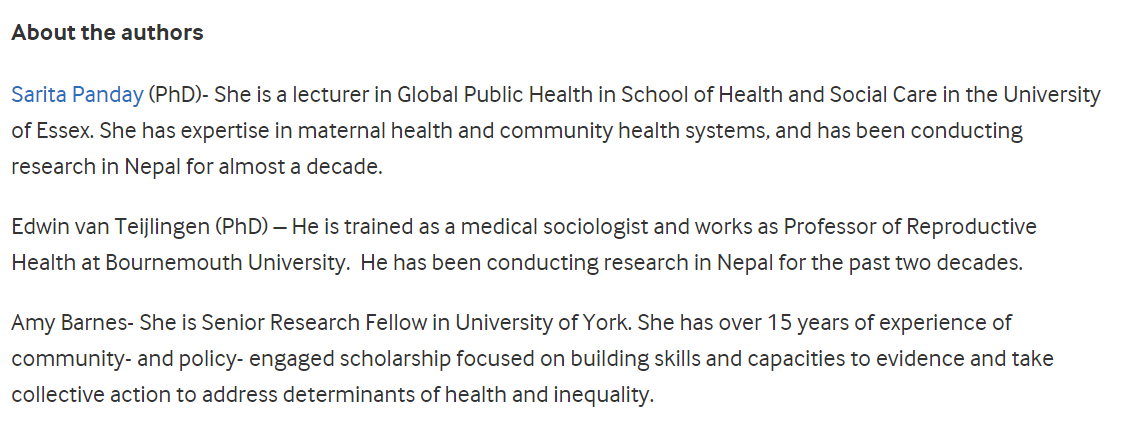
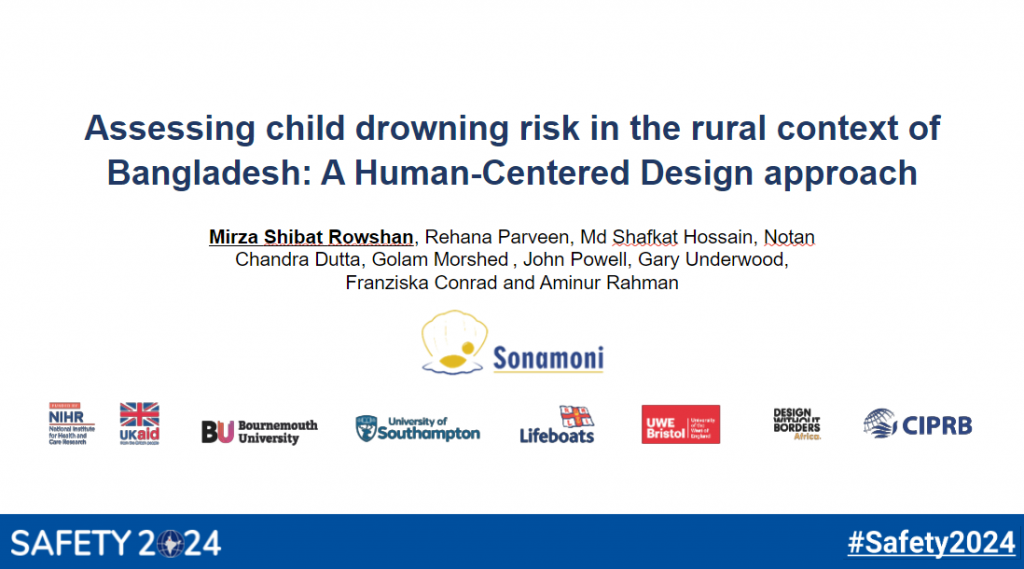
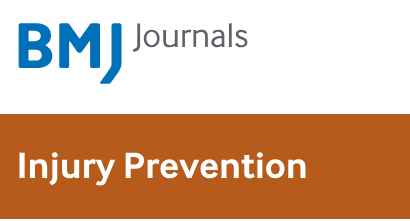
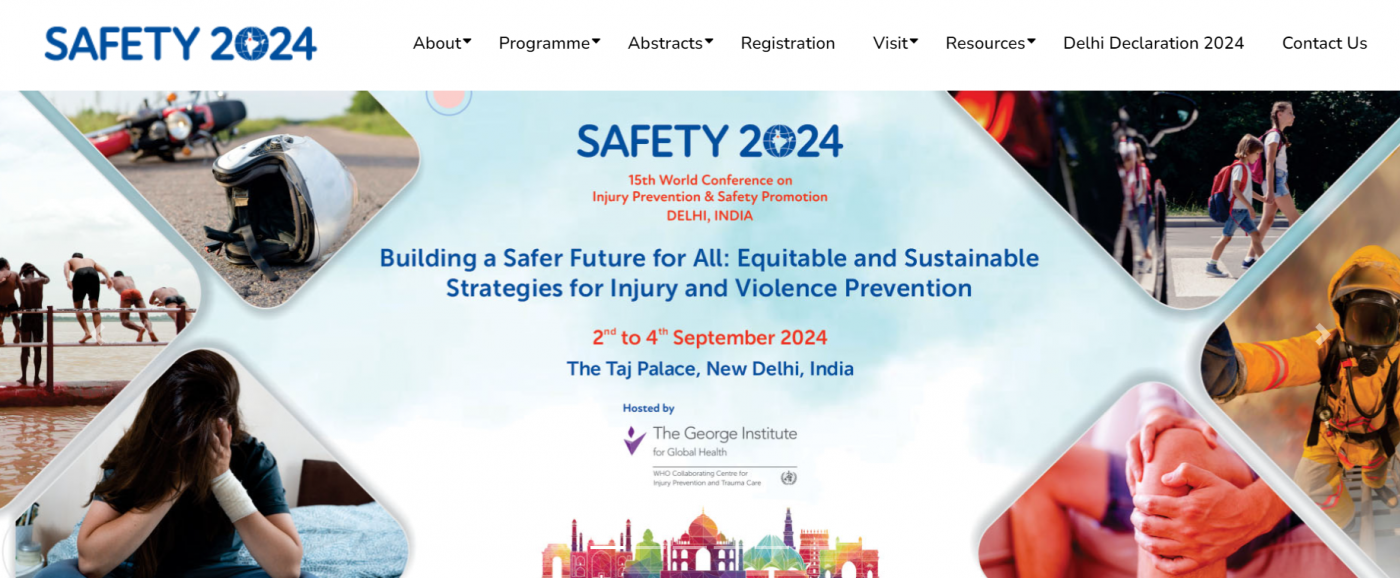
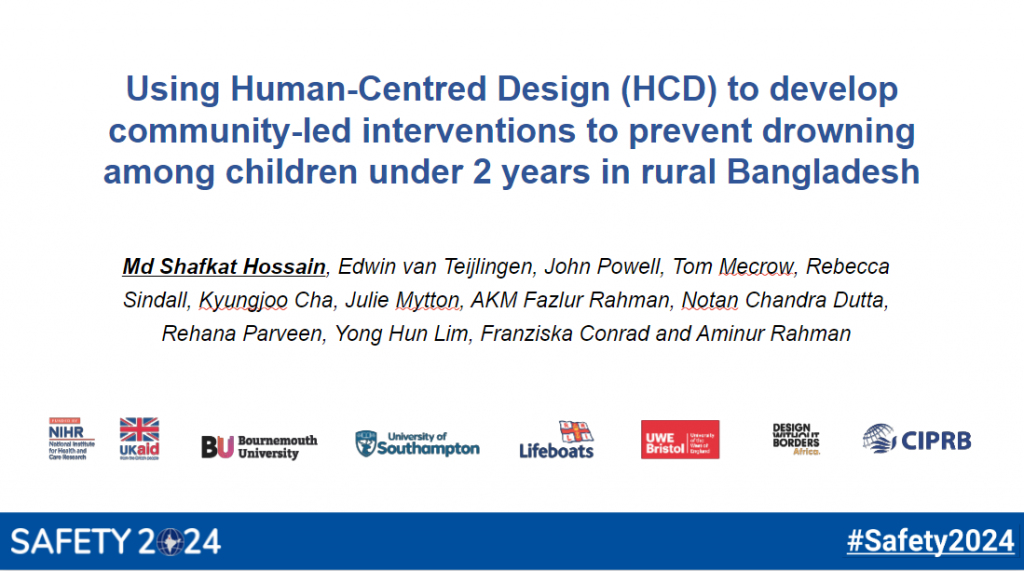
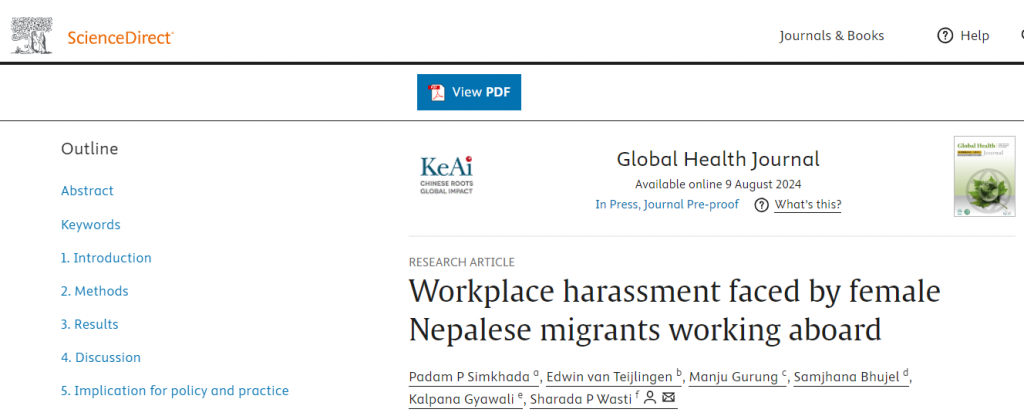
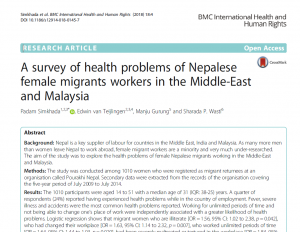



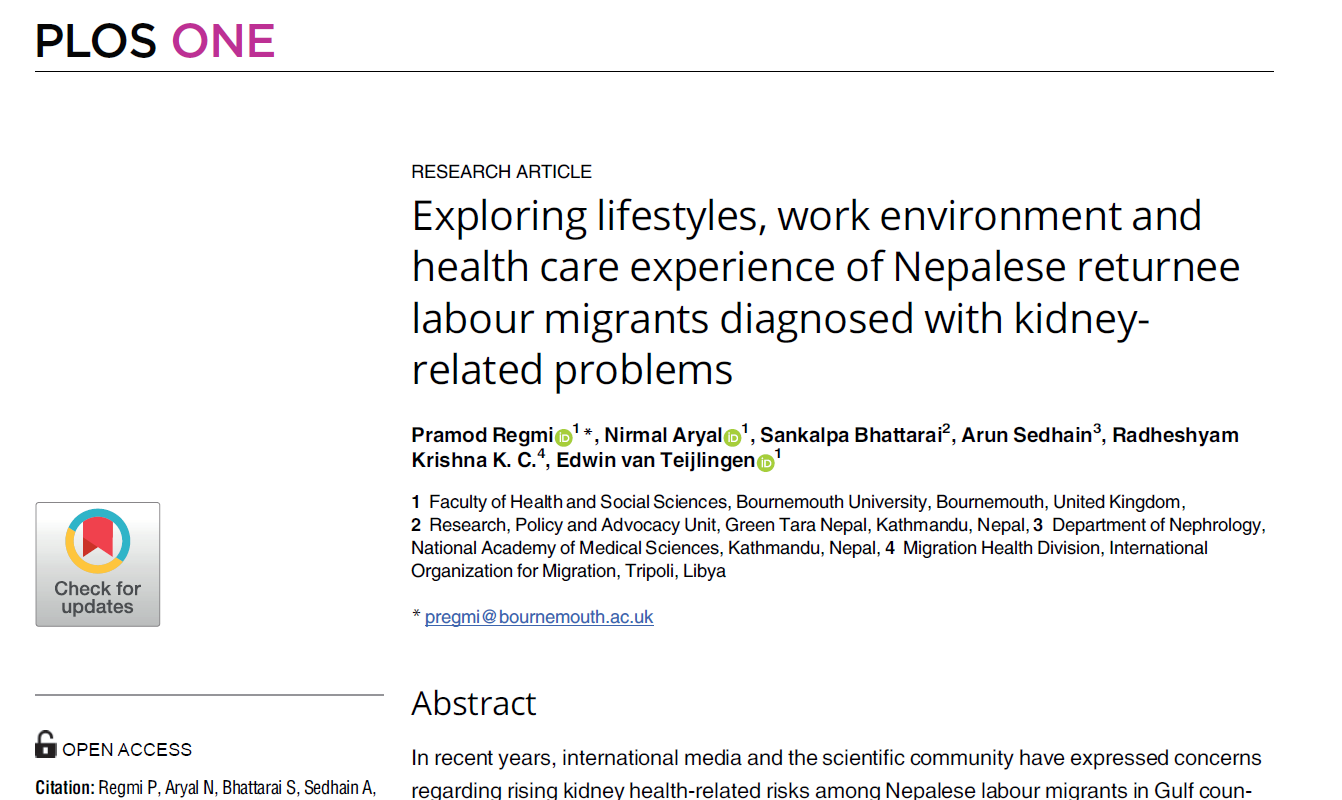
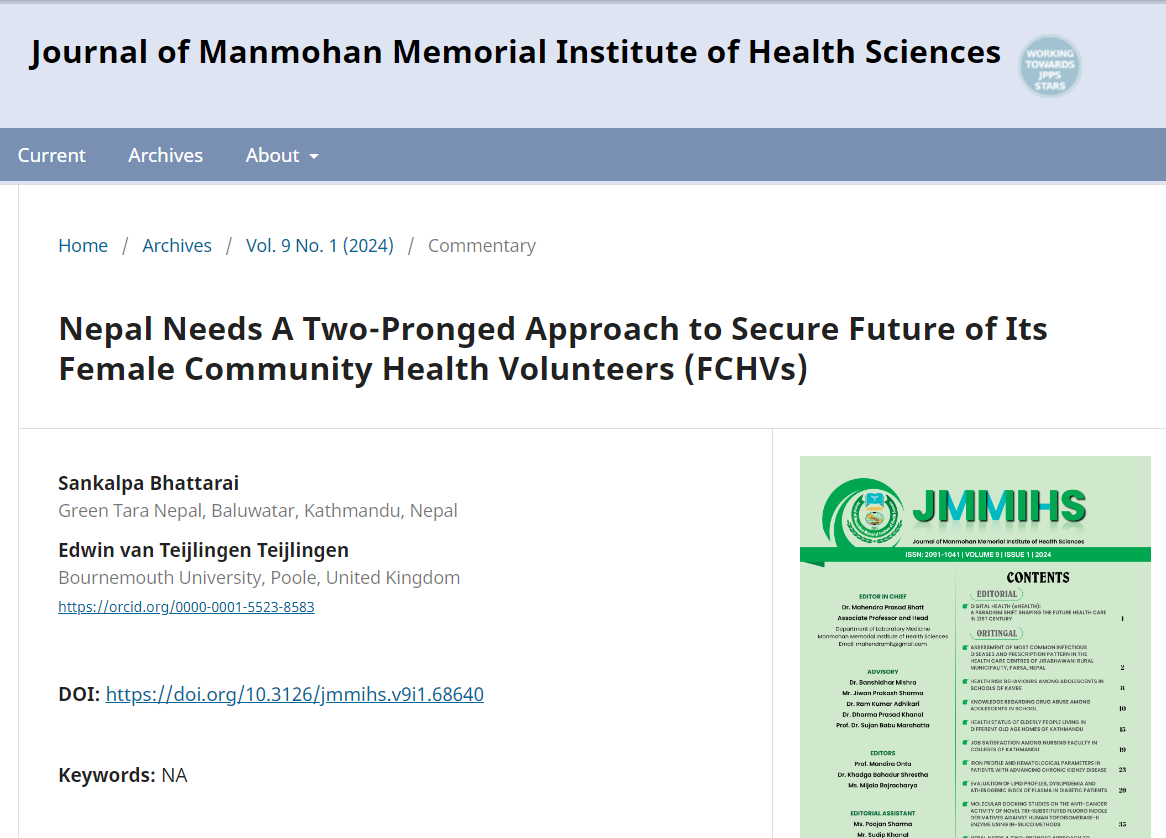



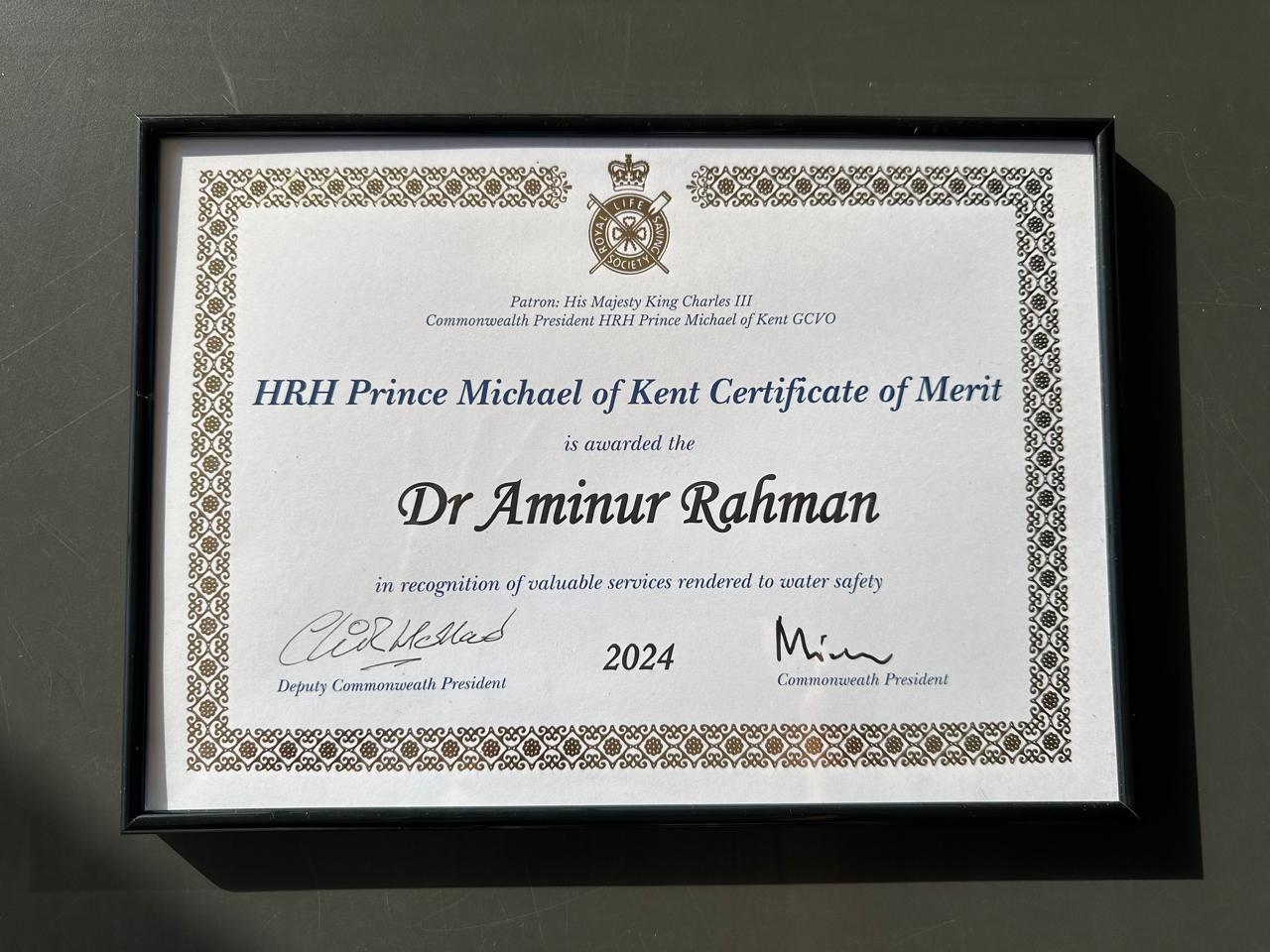
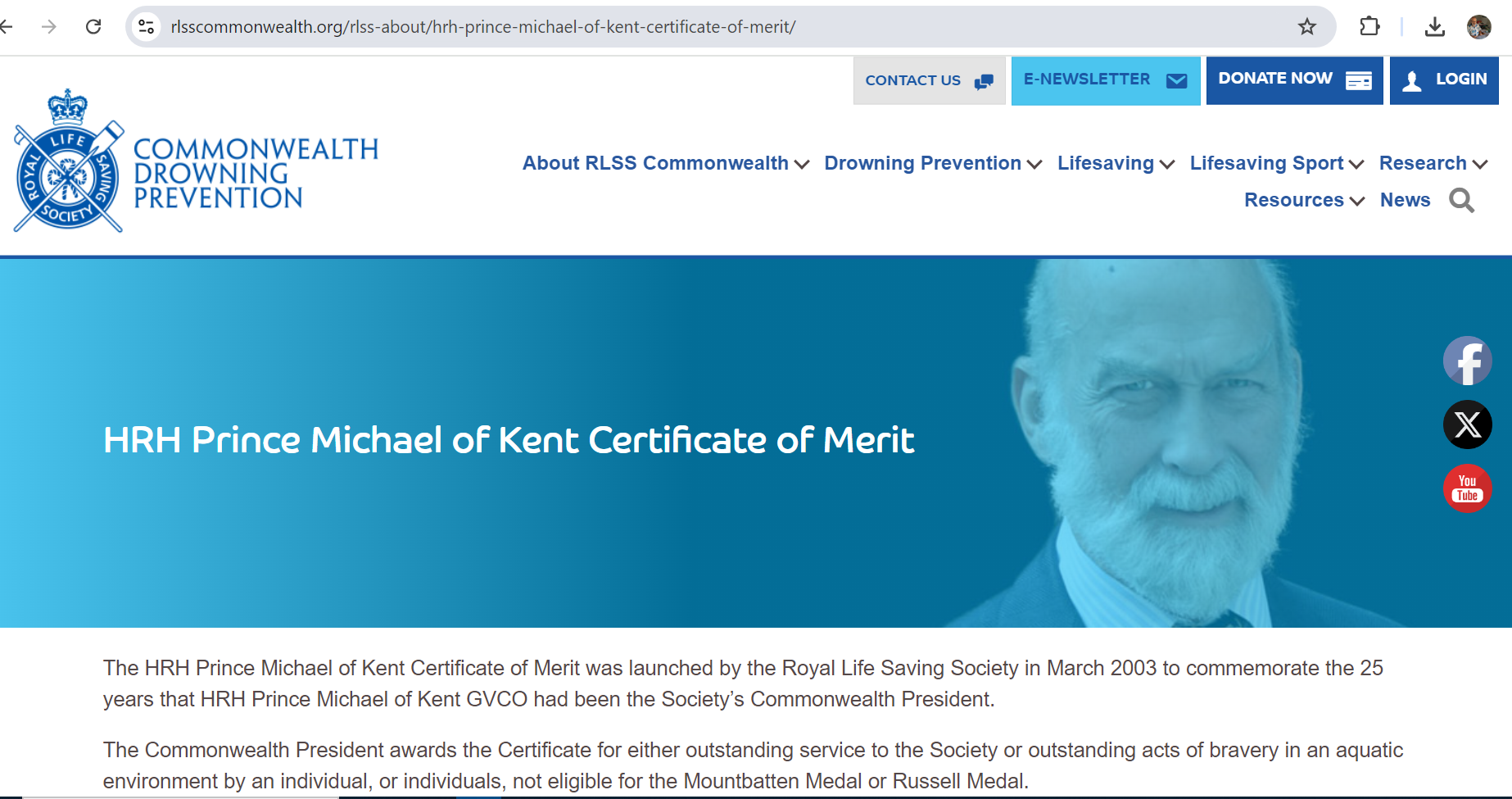


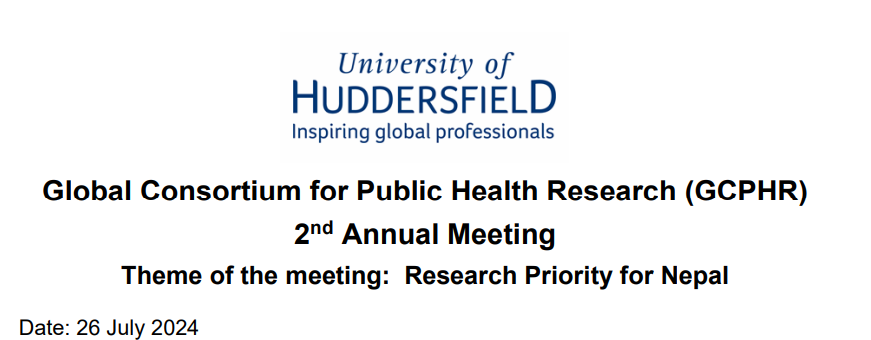
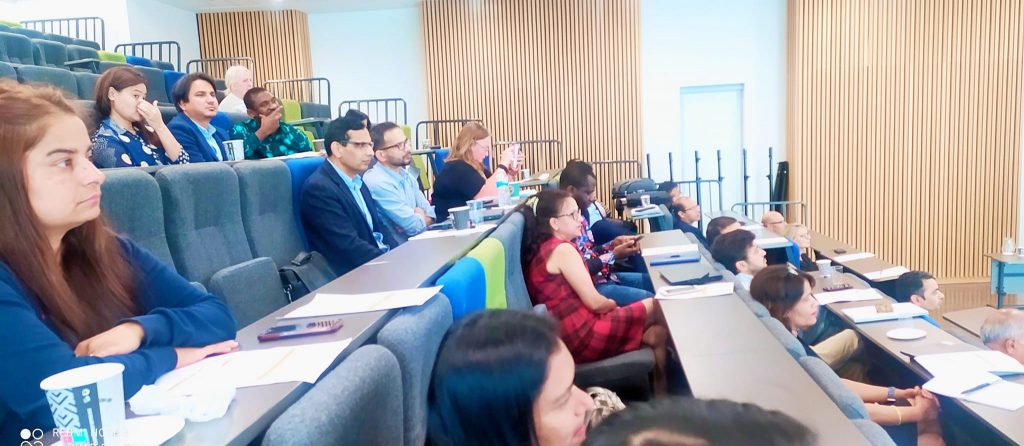
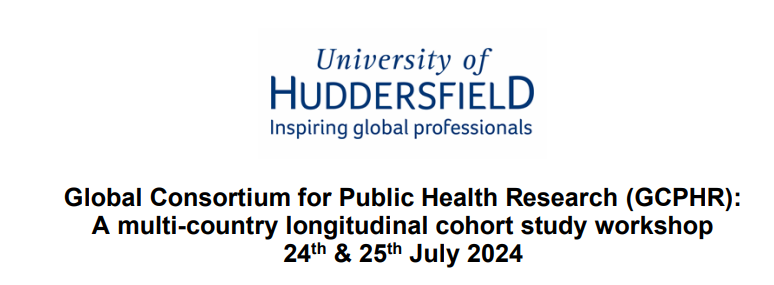
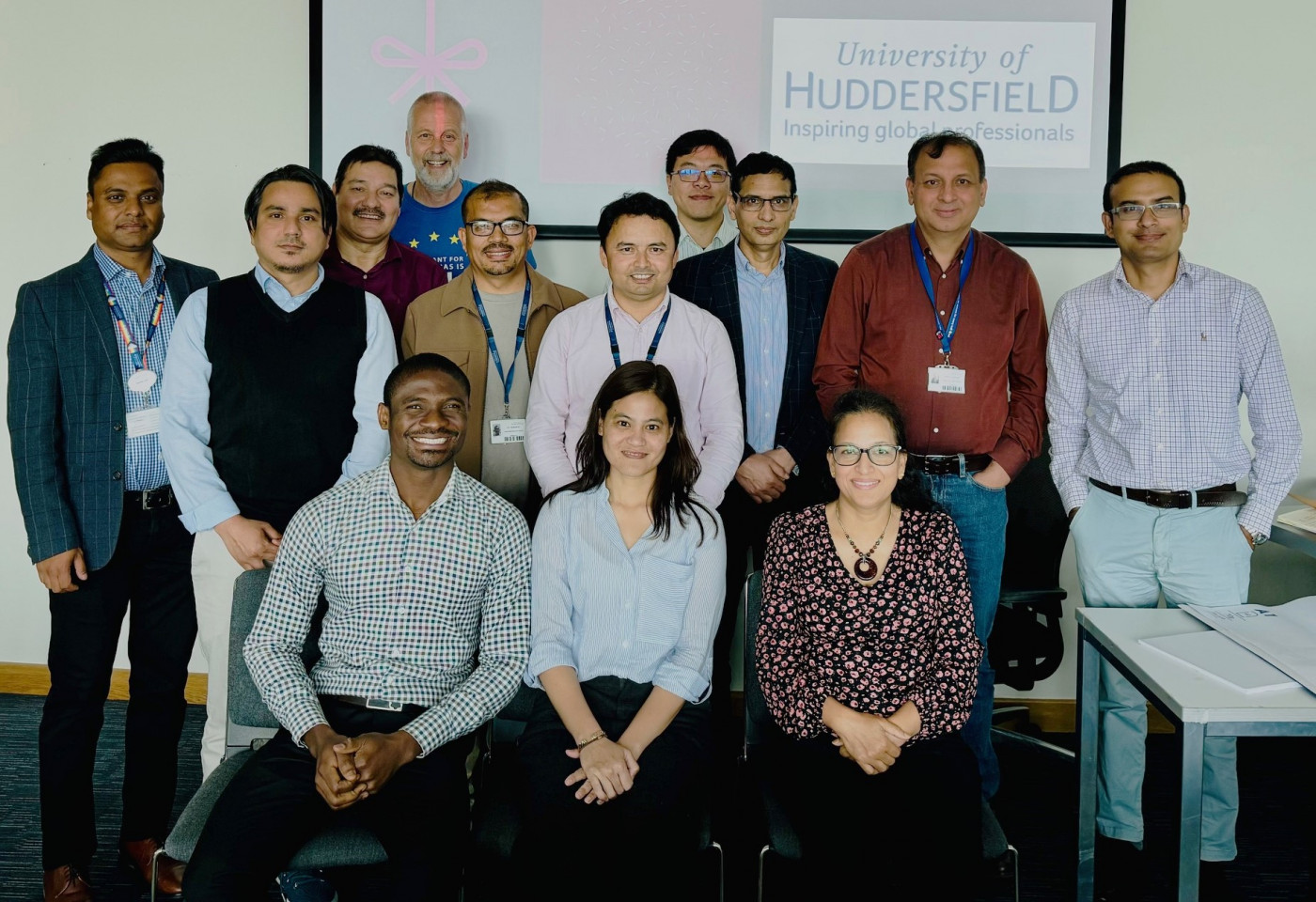












 ESRC Festival of Social Science 2025 – Reflecting back and looking ahead to 2026
ESRC Festival of Social Science 2025 – Reflecting back and looking ahead to 2026 3C Event: Research Culture, Community & Cookies – Tuesday 13 January 10-11am
3C Event: Research Culture, Community & Cookies – Tuesday 13 January 10-11am Dr. Chloe Casey on Sky News
Dr. Chloe Casey on Sky News Final Bournemouth University publication of 2025
Final Bournemouth University publication of 2025 On Christmas Day in the Morning…
On Christmas Day in the Morning… ECR Funding Open Call: Research Culture & Community Grant – Application Deadline Friday 12 December
ECR Funding Open Call: Research Culture & Community Grant – Application Deadline Friday 12 December MSCA Postdoctoral Fellowships 2025 Call
MSCA Postdoctoral Fellowships 2025 Call ERC Advanced Grant 2025 Webinar
ERC Advanced Grant 2025 Webinar Horizon Europe Work Programme 2025 Published
Horizon Europe Work Programme 2025 Published Update on UKRO services
Update on UKRO services European research project exploring use of ‘virtual twins’ to better manage metabolic associated fatty liver disease
European research project exploring use of ‘virtual twins’ to better manage metabolic associated fatty liver disease